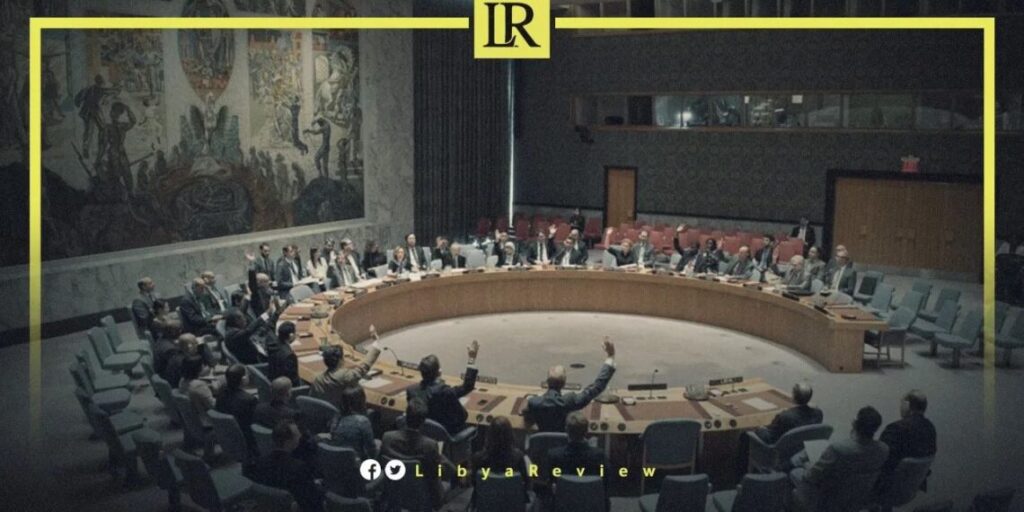At the latest UN Security Council session on Libya, key international representatives expressed deep concern over the country’s fragile political and security situation, underscoring a growing consensus on the need for a Libyan-led political solution and institutional reform.
British Ambassador Barbara Woodward stressed the UK’s alarm over recent violence in Tripoli, urging restraint and constructive engagement from all parties. She welcomed the progress made at the Berlin Follow-up Committee meeting, while warning that Libya’s deteriorating political and economic trajectory threatens its stability and sovereignty. Woodward reaffirmed UK support for UNSMIL’s roadmap efforts and highlighted the importance of holding credible elections.
The US Ambassador echoed support for a Libyan-owned political process, highlighting the independence of institutions like the Central Bank and the National Oil Corporation as vital to long-term stability. She emphasised military integration and arms embargo renewal as key to preventing Libya’s entanglement in regional conflicts, and welcomed progress toward East-West security coordination.
Russia’s representative attributed Libya’s crisis to internal political fragmentation, calling for a truly comprehensive process inclusive of all factions. He advocated for unifying the armed forces and warned against imposing external recovery solutions, noting that some political forces have rejected the Advisory Committee’s proposals.
China’s deputy permanent representative Sun Lei emphasised the political process as the cornerstone of regional stability, urging Libyan parties to engage in meaningful dialogue and establish firm security arrangements. He also warned that Libya’s worsening economic crisis and currency depreciation could undermine national stability.
Algeria’s Ambassador Amar Benjama described last month’s Tripoli clashes as alarming, reiterating the need to re-establish state authority and disarm illegal groups. He called for a UN-backed, Libyan-led political transition leading to elections and institutional unification, while expressing concern over the depletion of Libya’s frozen assets due to mismanagement and outdated sanctions regimes.


